Free Trade Agreements
Explore Global Opportunities Through Free Trade Agreements – Connecting Businesses to Markets Worldwide.
UAE and Croatia
Croatia, as a member of the European Union (EU) since 2013, benefits from a strong network of free trade agreements (FTAs) that provide access to global markets. These agreements reduce or eliminate tariffs, streamline trade processes, and create significant opportunities for businesses operating in or exporting from Croatia.
With its strategic location at the crossroads of Central and Southeastern Europe, Croatia serves as a gateway to both EU and global markets, offering access to over 500 million consumers within the EU and preferential trade terms with many countries worldwide. These FTAs support industries such as manufacturing, agriculture, technology, and services, enabling businesses to grow and compete internationally.
By leveraging these agreements, Croatia strengthens its position as a dynamic and competitive hub for trade and investment, fostering economic growth and innovation across various sectors.
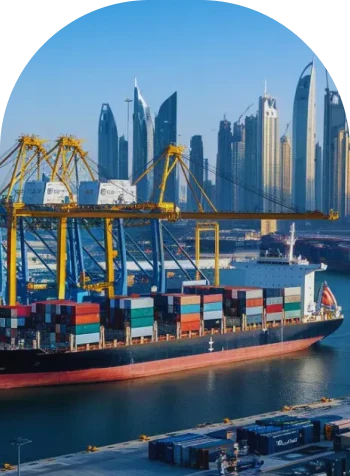
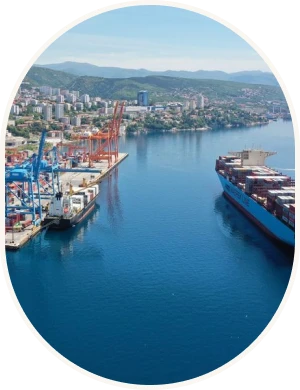
Trade Agreements Between Croatia (via EU) and the UAE
While there is no bilateral free trade agreement directly between Croatia and the UAE, Croatia benefits from its membership in the European Union (EU), which facilitates trade and cooperation with the UAE through broader frameworks and initiatives:
EU-UAE Cooperation Frameworks
- Cooperation Arrangement (2018):
- The EU and the UAE signed a Cooperation Arrangement in 2018 to strengthen bilateral relations, particularly in trade, investment, and innovation.
- This framework aims to boost economic ties and enhance trade opportunities between EU member states, including Croatia, and the UAE.
- World Trade Organization (WTO) Membership:
- Both Croatia (via the EU) and the UAE are members of the WTO, ensuring adherence to international trade rules, transparency, and market access.
- Customs and Investment Facilitation:
- Through EU agreements, Croatia benefits from initiatives that simplify customs procedures and promote bilateral investments in sectors such as energy, tourism, and infrastructure.
Opportunities for Croatia in UAE Trade
- Export Potential:
- Croatian goods such as food products, machinery, construction materials, and pharmaceuticals are in demand in the UAE.
- The UAE’s growing interest in high-quality food and beverages presents an opportunity for Croatian exports like wine, olive oil, and processed foods.
- Tourism and Hospitality Collaboration:
- The UAE’s robust tourism sector aligns with Croatia’s expertise in hospitality, providing opportunities for partnerships and knowledge exchange.
- Renewable Energy and Technology:
- The UAE’s focus on diversifying its economy and embracing renewable energy aligns with Croatia’s capabilities in energy infrastructure and green technology.
- Investment Opportunities:
- The UAE’s sovereign wealth funds and private investors have shown interest in Croatian sectors such as tourism, real estate, and infrastructure development.
European Union Single Market
As a member of the European Union (EU), Croatia benefits from full access to the Single Market, which connects 27 countries and over 500 million consumers. This integration removes customs duties, quotas, and non-tariff barriers, allowing the seamless movement of goods, services, capital, and people across the region.
For Croatian businesses, the Single Market provides a streamlined framework that reduces costs and administrative burdens while opening doors to new markets. Manufacturers enjoy duty-free trade within the EU, and service providers can operate across borders with ease. Key industries such as tourism, technology, agriculture, and financial services thrive under these favorable conditions.
For investors, Croatia offers a strategic base within the Single Market, providing access to the broader EU economy and benefiting from EU funding programs that promote innovation and competitiveness. This framework strengthens Croatia’s economic position, fostering partnerships, boosting exports, and driving sustainable growth across diverse sectors.
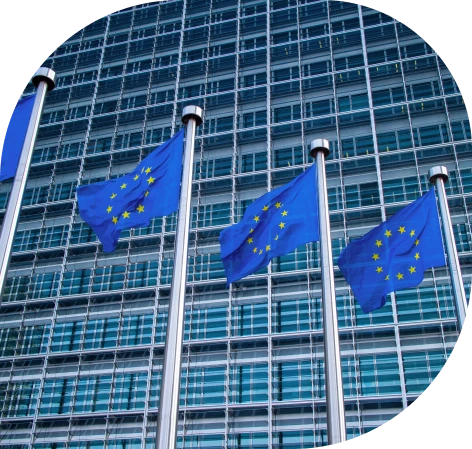
European Free Trade Association (EFTA)
Croatia benefits from the European Union’s free trade agreements with EFTA states: Switzerland, Norway, Iceland, and Liechtenstein. These agreements provide duty-free access for industrial goods, allowing Croatian manufacturers to compete effectively in these high-value markets.
For agricultural products, trade is regulated through separate bilateral agreements, offering mutual concessions tailored to the needs of each country. This creates opportunities for Croatian exporters, especially in sectors like wine, olive oil, and processed foods, to access premium consumer bases in EFTA countries.
These agreements also promote collaboration in areas such as sustainability and innovation, making it easier for Croatian businesses to meet regulatory standards and engage in partnerships. By leveraging these agreements, Croatia strengthens its trade ties and expands its footprint in some of the world’s most developed economies.
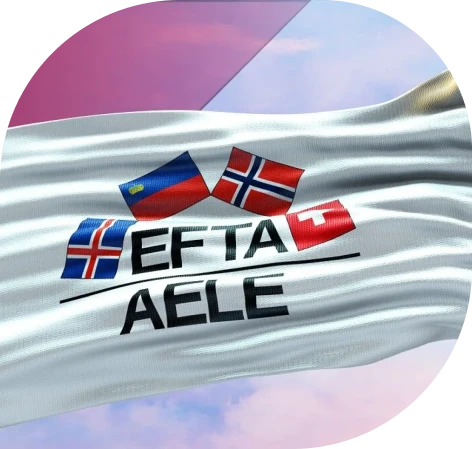
Central European Free Trade Agreement (CEFTA)
The Central European Free Trade Agreement (CEFTA) facilitates duty-free trade between Croatia and Southeast European countries, promoting economic cooperation and regional integration. A key feature is the accumulation of product origin, allowing goods with materials from CEFTA, EU, or EFTA countries to qualify as Croatian-origin if they undergo sufficient processing, with at least 51% value-added.
This provision supports industries like manufacturing, agriculture, and automotive by enabling seamless regional supply chains and boosting competitiveness. CEFTA also simplifies trade processes, enhances market access for SMEs, and strengthens Croatia’s role as a regional trade hub. By fostering collaboration and reducing barriers, CEFTA drives economic growth and reinforces Croatia’s ties with its Southeast European neighbors.
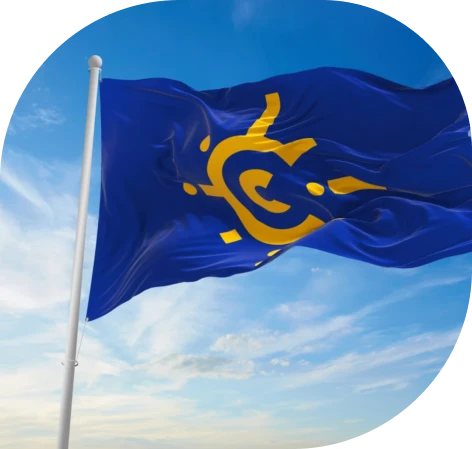
United States (GSP)
Croatia benefits from the Generalized System of Preferences (GSP) program with the United States, which provides duty-free access for a wide range of products. This includes selected finished goods, agricultural products, and semi-finished items, making it an important opportunity for Croatian exporters to compete in the U.S. market.
The GSP program is particularly beneficial for industries like food production and manufacturing, allowing products such as Croatian wine, olive oil, and processed foods to enter the U.S. market without additional tariffs. Manufacturers of semi-finished goods also gain cost advantages when exporting components and materials.
For Croatian businesses, the GSP program simplifies access to one of the world’s largest consumer markets, reducing costs and boosting competitiveness. It also enhances bilateral trade between Croatia and the U.S., fostering economic cooperation and encouraging investment opportunities. The GSP remains a valuable tool for Croatian exporters seeking to expand their global footprint.
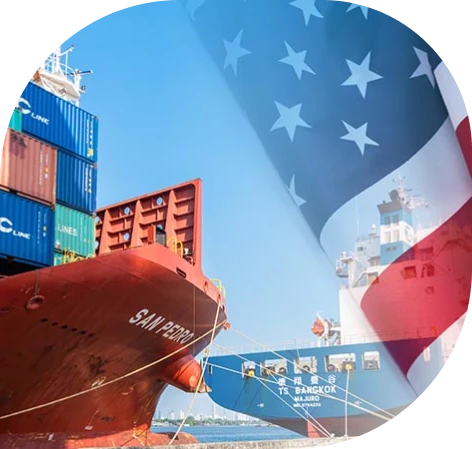
UAE & CROATIA
Explore more
Explore the latest stories, announcements, and success highlights from the UAE-Croatia Business Club.
Stay tuned and never miss an update!